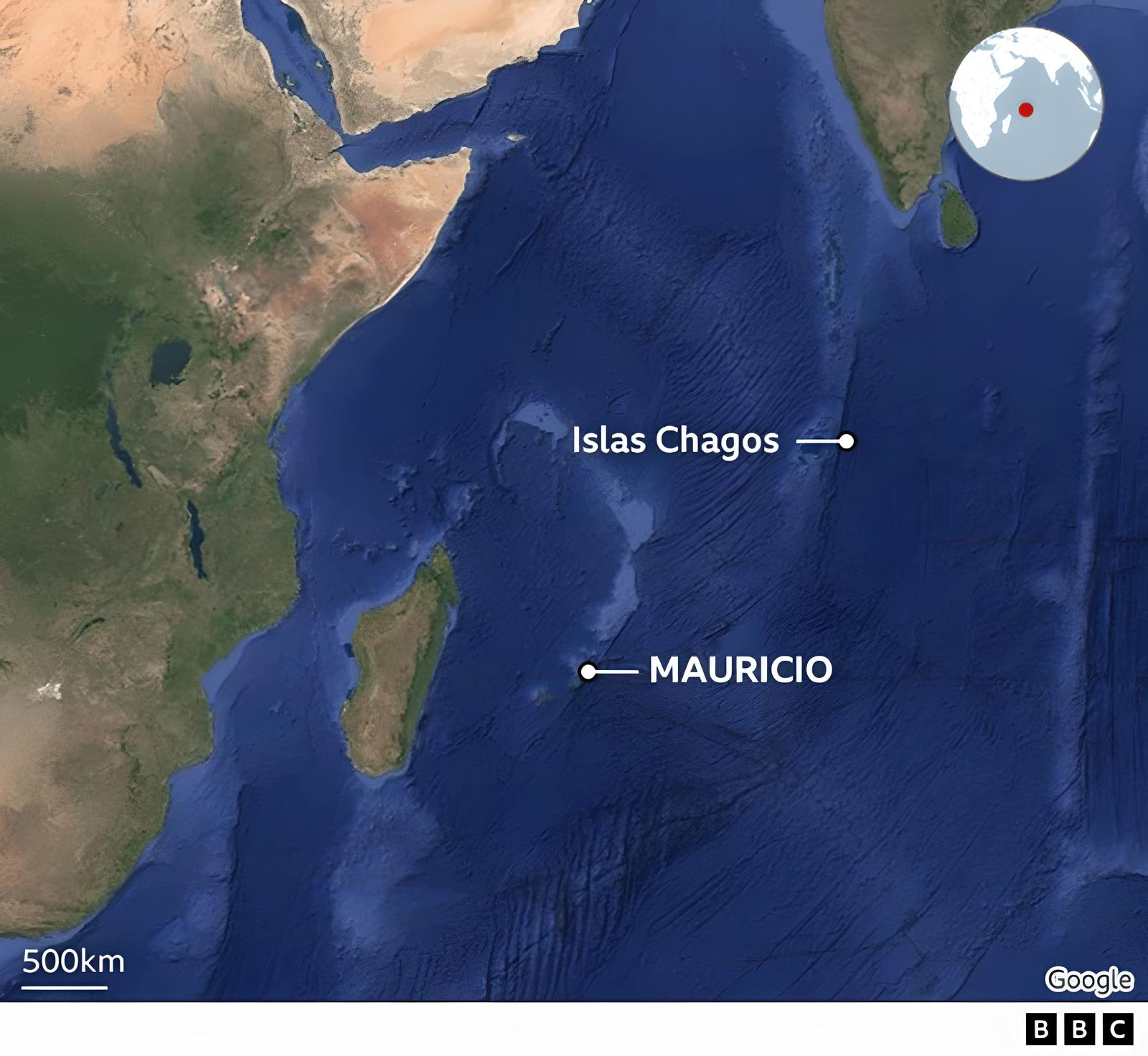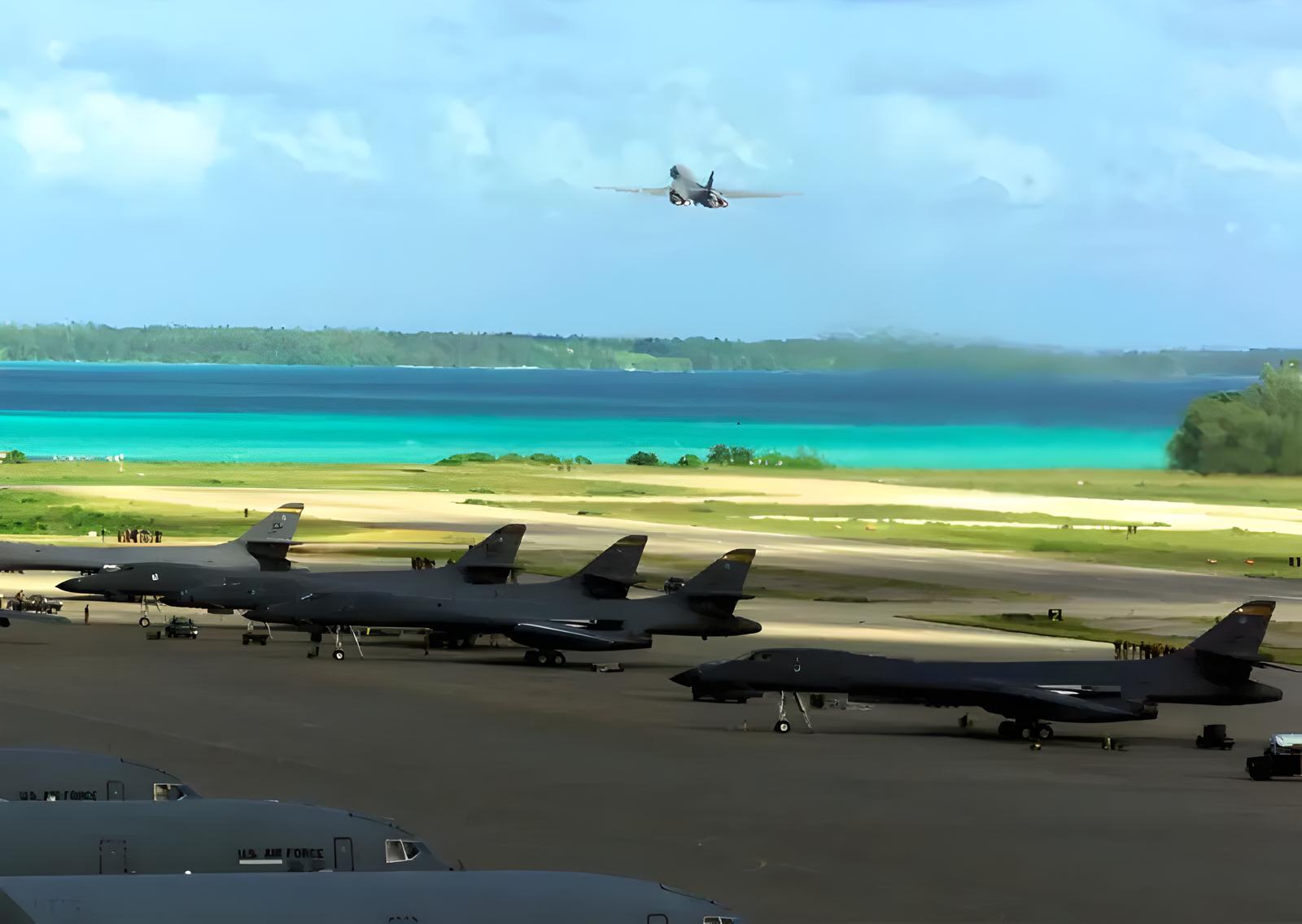The British government signed a historic agreement on Thursday, May 22, to transfer control of the Chagos Archipelago to Mauritius, ending a colonial occupation of more than 50 years.

Prime Minister Keir Starmer backed the measure following successive legal defeats by the United Kingdom before the International Court of Justice (ICJ), which ordered the decolonization of the territory in 2019.
However, the agreement includes a key clause: Mauritius will lease the Diego Garcia military base to the US and the UK for 99 years , revealing the strategic interests at stake.

The resolution was not voluntary. London resisted until the very end, but pressure from the Chagossians—forcibly expelled in the 1970s—and the ICJ's sweeping rulings left the European power without any legal arguments .
Even US President Donald Trump attempted to block the process, warning about the military importance of Diego García . Despite this, the progress sets an important precedent: international law condemns colonialism, and multilateral mechanisms can compel its reversal.
The background to the sovereignty dispute over the Malvinas Islands
The reaction was swift in the Malvina Islands, occupied by the United Kingdom since 1833. Its illegitimate Legislative Assembly —self-proclaimed under British administration— issued a statement stating that the Chagos case "bears no relation" to its situation.
However, many analysts point out that the argument is fragile: both the UN and the ICJ have demanded that London negotiate sovereignty with Argentina, and in 2016 the ICJ itself warned that self-determination for Kelpers (transplanted British inhabitants) does not apply in occupied territories.
The Uruguayan newspaper El Observador , aligned with the British position, attempted to disassociate the two cases, but omitted a crucial detail: Starmer's government is also considering concessions in Gibraltar, another colonial enclave.
For Argentina, the return of Chagos strengthens its position. "If it was achieved with Mauritius, why not with the Malvinas?" is the question raised in Argentine diplomatic circles, under condition of confidentiality.
Legal avenues are gaining traction: in 2022, the UN again called for bilateral dialogue, and the recent decision on Chagos demonstrates that international pressure can be effective.
The British rift: Conservatives alarmed
The British Conservative Party reacted with a provocative message on social media: alongside an image of the Malvinas, it posted "NEXT?" , insinuating that the Labour government could cede more territories. The strategy seeks to exploit nationalism, but it also reflects a real fear: colonialism is no longer sustainable . While Starmer justifies the agreement as "legal realism," diplomatic sectors see this as an opportunity for Argentina.
The Chagos case, while not identical to the Malvinas case, shares a core principle: the ICJ and the UN reject territorial occupation by force. With Mauritius, the United Kingdom gave in when it became clear that its position was untenable.
For Argentina, the challenge is to capitalize on this precedent by intensifying legal and diplomatic pressure. Meanwhile, in London, the shadow of the Malvinas looms over an empire that, step by step, sees its last colonies erode.


